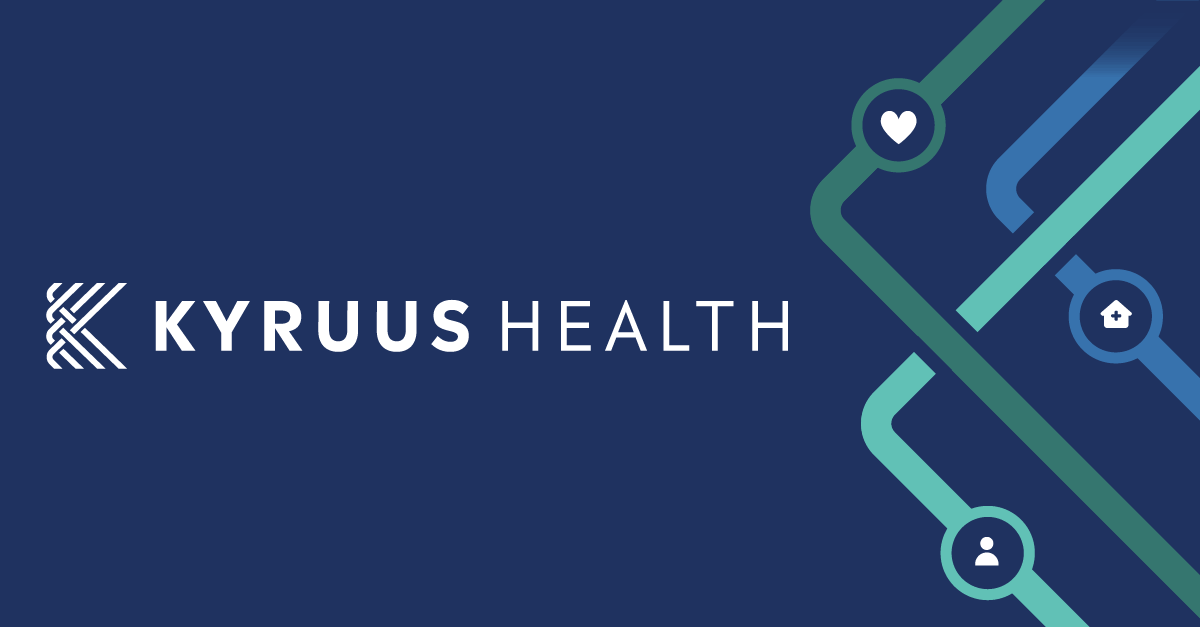The world of patient acquisition has changed. Remember when SEO and SEM were all about “blue links,” aiming for that top spot on Google to drive clicks to your website? Well, those days are quickly evolving. Today, Artificial Intelligence (AI) isn’t just pointing patients to websites; it’s delivering direct answers, powering conversations, and enabling immediate actions right within the search interface. Patients aren’t just browsing anymore; they’re seeking instant solutions.
This is where Generative Engine Optimization (GEO) comes in.
What Exactly is Generative Engine Optimization?
Forget everything you thought you knew about traditional SEO. Generative Engine Optimization isn’t just a new tactic; it’s a complete shift in how to approach your digital presence. It’s about optimizing your content and online footprint so that AI-powered search engines and generative AI models—like Google’s AI Overviews, Copilot/ChatGPT, and Perplexity.ai—can discover, understand, and choose to feature your content for their direct answers and conversational experiences.
Think of it this way: AI isn’t just indexing web pages; it’s generating comprehensive answers based on its understanding of information across the web. This fundamentally changes the game. Relying solely on traditional “blue link” traffic is becoming a thing of the past as AI becomes the primary intermediary between patients and the information they need.
Why Every Healthcare Marketer Needs to Pay Attention to Generative Engine Optimization
The shift to an AI-first world is not just a trend; it’s a strategic imperative for patient acquisition in healthcare. Here’s why GEO is so crucial:
- Visibility in an AI-First World: AI Overviews and Knowledge Panels are increasingly dominating search results, providing direct answers without a single click to your website. If your content, including provider profiles, isn’t optimized for AI, you risk becoming invisible.
- Capturing High-Intent Patients: Patients using conversational AI are often further down the decision funnel, looking for immediate solutions or specific types of care. Generative engine optimization helps you connect with these ready-to-convert individuals.
- Frictionless Patient Journeys: Modern patients expect seamless discovery and action. AI-powered search delivers on this by offering direct bookings and quick answers, meeting patients where they are in their journey.
- Competitive Advantage: Health systems that embrace GEO now will significantly outpace those still stuck in outdated SEM/SEO models.
The Core of Generative Engine Optimization: Data Purity and Structure
At the heart of a successful GEO strategy is an unwavering commitment to data purity and structure. This is the raw material that AI trusts and relies on. To effectively optimize for generative AI, you need to:
- Centralize & Purify Your Data: Establish a single, accurate, and real-time source of truth for all your provider, service, and location data. This foundational step ensures the integrity of the information AI will use. Kyruus Health’s Location Data Management solution, for instance, aims to consolidate all location data into a single source, eliminating data silos and ensuring consistency across your network.
- Implement Comprehensive Schema Markup: This is the machine-readable language that explicitly labels your data for AI. Meticulously tag all your provider profiles, location pages, and service descriptions to make it easy for AI to understand your offerings.
- Transform Content for Conversational AI: Shift your content strategy from keyword stuffing to crafting content that directly answers conversational queries. Think about the nuanced, multi-part questions patients are asking (e.g., “pediatric allergist near me who speaks Spanish and treats severe asthma for my son?”).
- Optimize Business Listings & Reputation: Maintain impeccable accuracy and consistency across platforms like Google Business Profile, Bing Places, and Apple Maps. These are verified data sources that build trust with AI and directly influence local search prominence.
Shifting Your Team’s Focus and Resources Towards Generative Engine Optimization
The implications for your marketing team are clear: a significant portion of your efforts needs to pivot from traditional SEM/SEO towards GEO. This may mean re-evaluating your team structure and allocating resources to roles focused on:
- Data Analysis and Management: Dedicate personnel to ensuring data purity, structuring information, and managing schema markup.
- Content Structuring and “Answer Engine Optimization”: Focus on creating content designed to be easily summarized and directly answer complex questions for AI, rather than just driving clicks to your website.
- Direct Transactional Enablement: Prioritize seamless pathways for direct bookings and conversions within AI results. Your website will become less about information consumption and more about facilitating immediate action. This means activating clear Calls-to-Action (CTAs) and enabling online scheduling across all relevant pages.
The digital landscape is dynamic, and continuous monitoring, testing, and adaptation are essential. By embracing a data-first approach and strategically optimizing for generative AI, health systems can confidently secure their digital future, connect with more patients, and deliver a superior experience in this evolving era.



